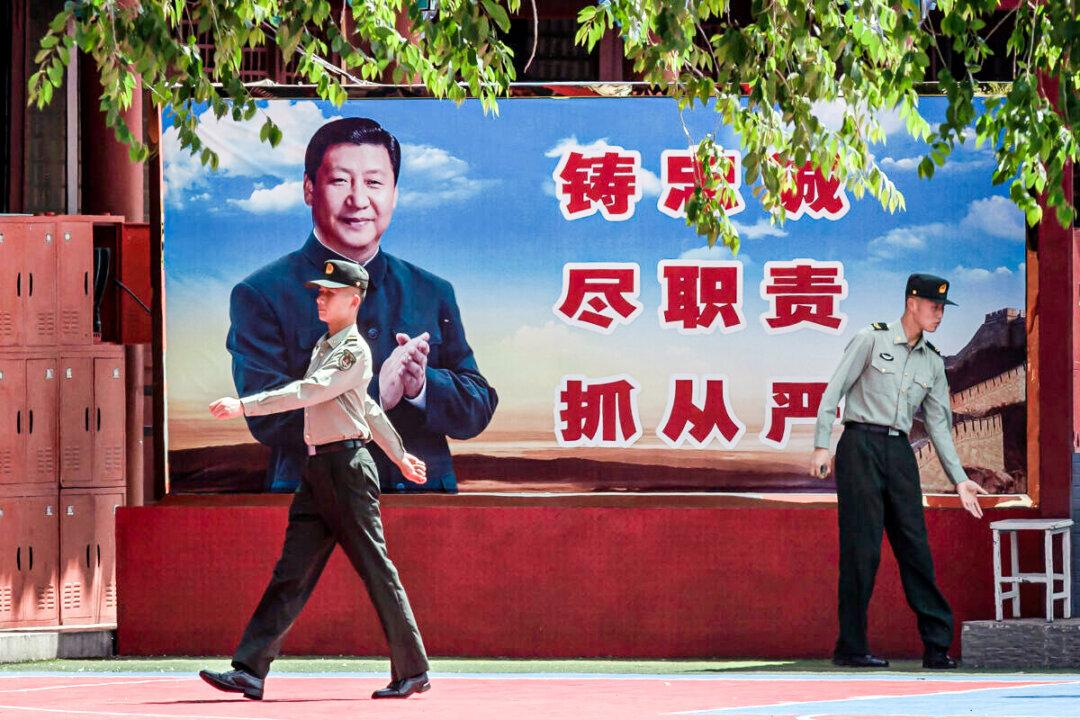Chinese leader Xi Jinping repeated calls for world peace and global cooperation on Oct. 25, in remarks that experts said were a veiled criticism directed at Washington and did little to dispel growing concerns over Beijing’s increasing assertiveness on the world stage.
In a speech marking the 50th anniversary of the communist regime’s representing China at the United Nations, Xi said Beijing would always be a “builder of world peace” and a “defender of the international order,” according to a statement released by Beijing’s foreign ministry.




